When to Walk Away After Home Inspection
Finding what you think is the home of your dreams is an exciting time! You have looked at other houses, you have made a list of pros and cons, but you are not sleeping at night…are you having buyers remorse or getting cold feet for this upcoming purchase?
There are so many thoughts that go through one’s head when buying a home. Next step, you have a home inspector to look at your new home and the report comes back. How do you know when to walk away after a home inspection? Some issues may be cheap to fix or a negotiated expense with the seller, some may be hefty prices to fix, and walking away may be best. Let’s take a look.
Can You Walk Away From a Home After an Inspection?
The answer is yes! It is one of the most common times to walk away when a home is under contract. Buyers don’t always know what is inside the home or the parts that make up the home until the inspection is complete. This is why an inspection is highly advisable. The house may look beautiful and perfect but you don’t know what is lurking inside the plumbing, the roof, and etc. Some major issues in the report will be needing repair or replacement and they are discussed below. These issues will allow you to think about when you need to walk away after home inspection.
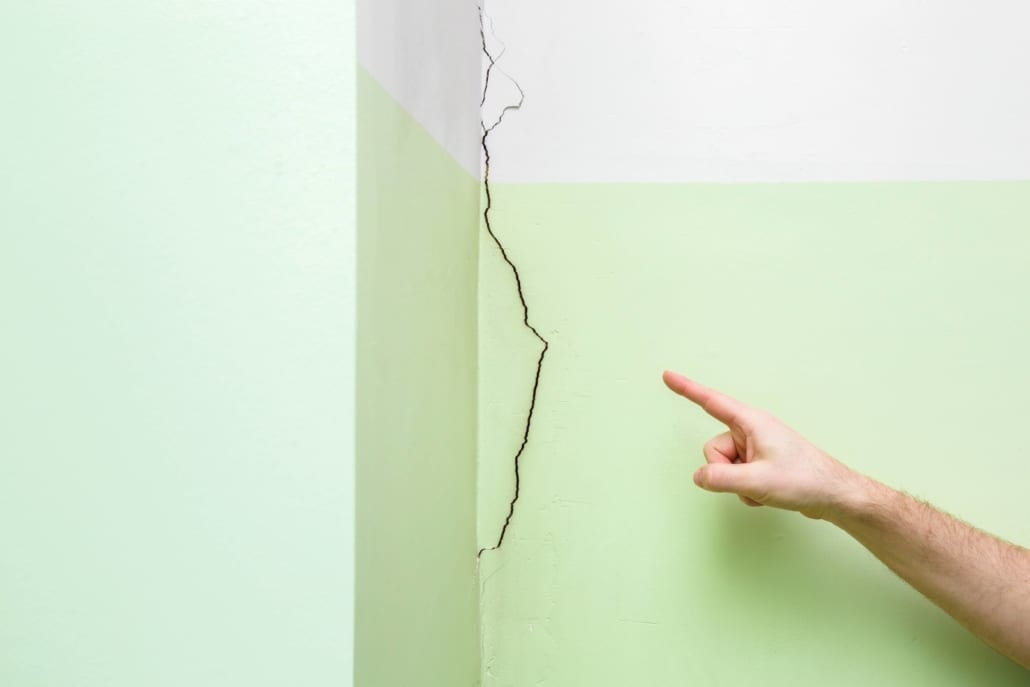
A. Foundation
Did your home inspection report come back with major issues? Is one of them the foundation? If yes, this may be a problem. The foundation holds up the home and is very important that it is intact.
Inspection of this structural issue is about $600 while repairs can cost from low thousands to tens of thousands depending on the issues. You will want to consult with a structural engineer for a quote if this is a home that you love and find out what the real cost will be. If it is out of your budget, this is a good time to walk away after home inspection.
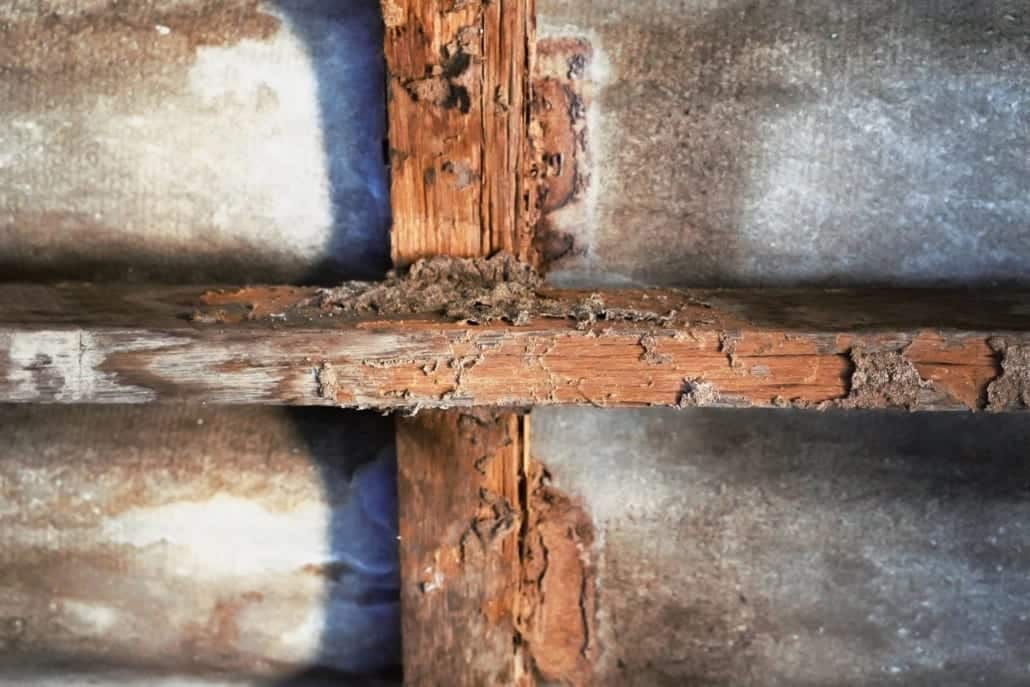
B. Termites
Termites in a home are not a good thing. It can be very difficult to get rid of them depending on the extent of the infestation and the damage they have caused. However, a termite inspector will need to investigate and give an estimate to repairs. He/she will also let you know if the termites have left evidence that they were there or if they are still active. Buyers should also know that it is common for older homes in the southern states to have evidence of termites. The inspector will look to see if there is any structural damage to the property. If there are active termites, you will have to consider the cost of termite treatments (about $750) and repairs depending on the severity. Repairs can cost from $200 – $2500 or more, depending on the issues.
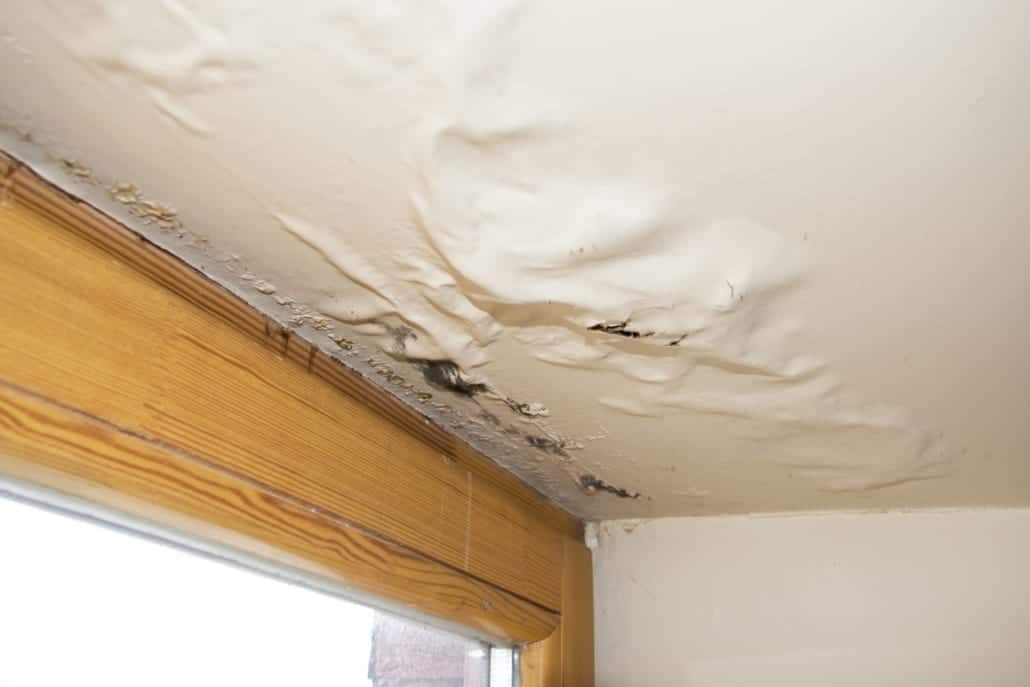
C. Water Damage
Water damage is another issue as there can be mold where you can’t see it. The buyer may have fixed the water issue and only the stains are left behind, but did the owner check for mold? Mold can cause health problems and can range from $500 to over $6,000 depending on the type of mold. A professional will need to come in, collect spores, and look at them under a microscope to see what is in the home.
Water damage may also mean that there are soft areas in the walls, floors, etc., and other areas of the home. Again, call a professional in to survey the issues.
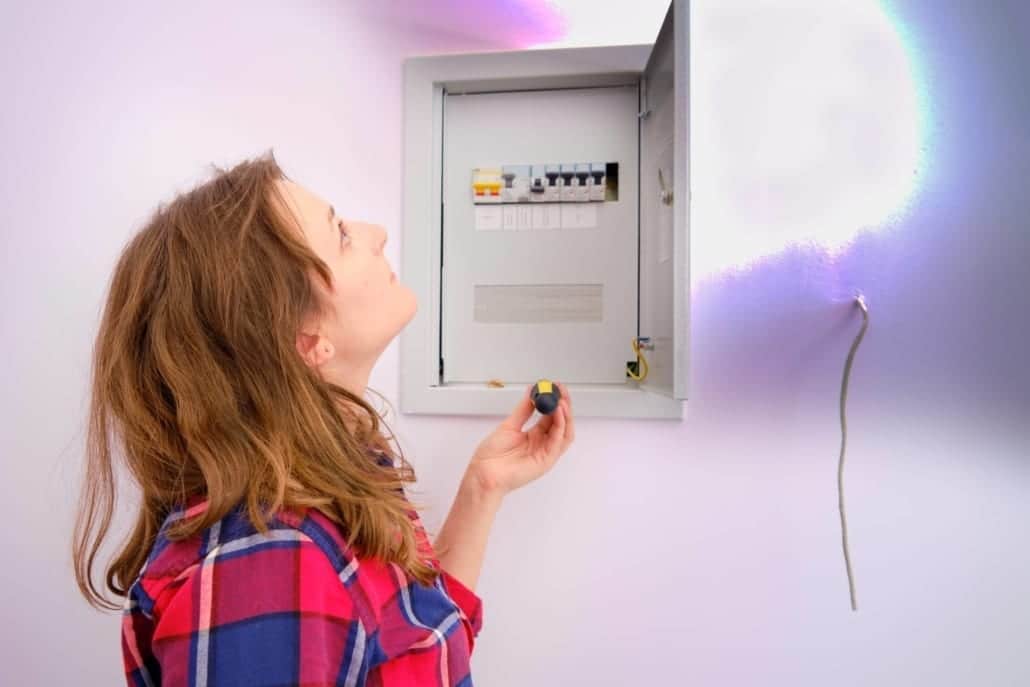
D. Electrical Issues/ Damage
If the inspection report finds there is a faulty electrical system or there is damage to it, this is a problem. A faulty electrical system can cause a fire in the home and electrical sources to short out or not work properly. An even bigger concern is if the home was built in the 1970s and an electrical panel like GTE Sylvania Zinsco or FPE panels was installed in a home. Replacement of this type of panel will average about $1500. Another example could be from aluminum wiring.
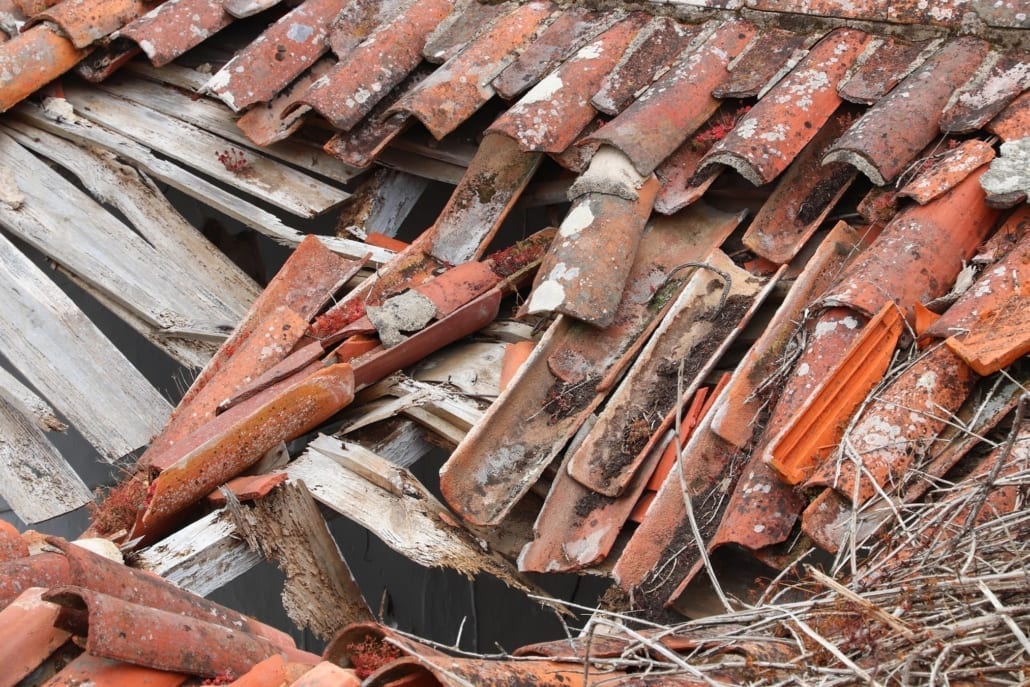
E. Roof Issues Can Be a Good Reason to Walk Away After Inspection
The roof is an important part of a home and does need replacing over time if the home is older. Sometimes weather events can cause it to need to be repaired instead of replaced. If it is minor work, it won’t be very expensive but a professional can tell you if it is more than just replacing a few shingles.
You will need to make sure whomever you or the seller hire for the work is licensed and insured. However, if it is a major issue and the whole roof needs replacing, that can be very expensive. There can be room for negotiation with the seller to drop the price if that is something you are willing to take care of, but there are no guarantees. This type of issue also allows you to walk away after inspection.
F. Unpermitted Work Found in the Home
Homeowners often have a “friend” that can do the handyman work or they use someone who has a low quote to do the work on the home. An example would be building an addition to the house.
However, if there is no permit for the work, you risk the safety of those in the home and you may have to pay the fines the seller didn’t pay. Do you know what is inside the walls or if they are attached properly so they don’t fall in? It is risky when finding major work done in the home and no evidence of permits. This is another good time to walk away after home inspection.
G. Financing and Insurance
Pre-approval before looking at homes makes sense. You need to know the amount you are approved for and what you can afford. But, don’t go and buy a new car or furniture before you close on a home. This act can cause you to lose financing. You also want to make sure that you don’t stretch yourself too thin. Do you have extra room in the financing or your savings for any issues that come up in the inspection? Or are the issues too expensive? If it does not seem like it will work, it may be time to walk away.
You will also need to think about insurance. Some loans have requirements on inspections and some states, like Florida, have requirements on 4-point inspections as well.

H. Title Issues
Your inspection may come back with minor issues and you may be rejoicing. Then comes the title company pulling the title and there is a lien on the home or overdue HOA dues. If the seller isn’t willing to deal with these, it is time to walk away. Both of those issues don’t allow the seller to sell the house and it can’t be yours – or anyone else’s in the near future.
Conclusion
It is hard not to fall in love with a home, but it needs to financially make sense. There will always be a perfect home out there for everyone and may take time to find. Inspections by professionals do cost hundreds of dollars so budgeting for them is important if you find a home with a lot of issues. Talk to your realtor and don’t be afraid to negotiate with the seller about issues on the inspection report.
We should be aware of what is common in a home inspection versus an unforeseen issue we are unable to deal with. An experienced Realtor can help you navigate through the process. Do you have a question about an issue in an inspection report? Please drop us a line below and we can help!

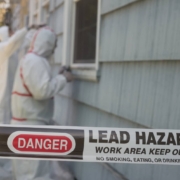
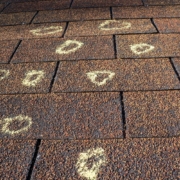











Comments are closed.